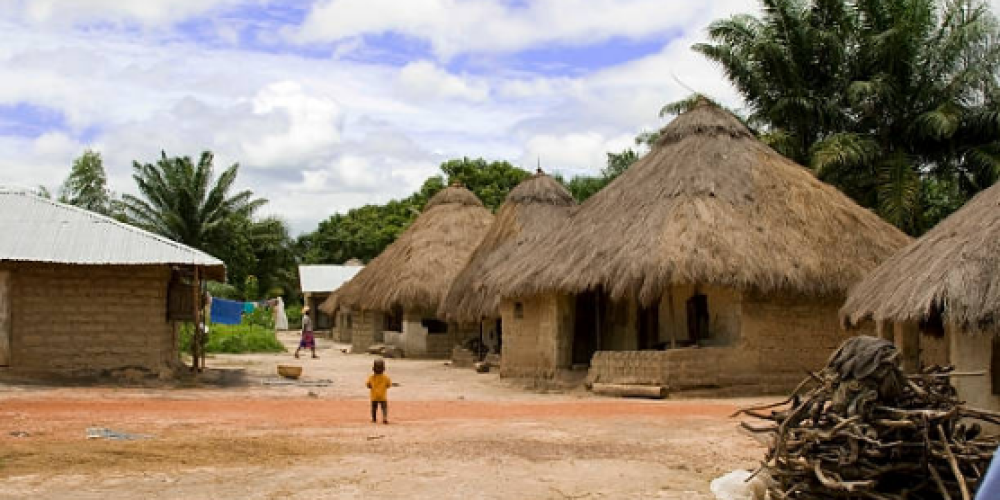By Kadiatu A. Turay
Tucked into the verdant hills of Wara Wara Bafodia Chiefdom in Koinadugu District, Kamanikie Village hums with cultural pride a spirited enclave clinging to its heritage amid stark underdevelopment, while its people radiate resilience, the lack of basic services like decent roads, telecommunications, healthcare, and education casts a shadow over their potential, this story celebrates Kamanikie’s vibrant soul while sounding an urgent call to policymakers, NGOs, and development partners for action.
Though modest in size, Kamanikie pulses with cultural richness, traditional foods like fufu with groundnut soup, sour cassava leaf, and rice with sesame sauce anchor its identity, prepared in communal kitchens where women bond and men tend farms or crafts. Festivals from okra harvest celebrations to poro society rites fill the air with music, dance, and stories handed down through generations.
Our ways make us who we are, said Fatmata Kargbo, 62. our food, our customs they’re our pride, even when our kids leave for Freetown or Makeni, Kamanikie stays in their hearts yet beneath this vibrancy lies a daily battle, the village’s lifeline a dusty, rutted track turns treacherous in the rainy season, severing access to markets, schools, and clinics, we carry the sick in hammocks to Bafodia, said farmer Ibrahim Sesay. The road’s so bad, no vehicle dares come. It’s as if we’re invisible.
Telecommunications are a distant dream. With no mobile network, residents trek an hour to a hill for a faint signal, we’re cut off, youth leader Sorie Kamara said. No way to call for help or join the world outside.
Healthcare is a gamble. The nearest clinic, miles away, is often unreachable in emergencies, my cousin lost her baby last year because she couldn’t get help in time, said Hawa Mansaray, a mother of four. No one should endure that.
Education fares no better. Kamanikie’s lone primary school a three-classroom shell relies on two volunteer teachers. poor facilities, no supplies, and the absence of a nearby secondary school push most students to drop out by class five, I want to be a teacher and return to help, said 13-year-old Aminata Koroma. But we need books, desks, and real teachers.
Local leaders refuse to stay silent. Chief Alhaji Amadu Fofanah of Bafodia voiced anguish at a recent community meeting. Kamanikie is the soul of our chiefdom, but its neglect breaks my heart, he said. we’ve pleaded with the government and NGOs for years. It’s time they listen and act.
Kamanikie’s tale is one of contrast cultural wealth clashing with crippling deprivation. Its people don’t just survive; they thrive in spirit, preserving a legacy worth celebrating. But without roads to connect them, networks to link them, and services to sustain them, their future hangs in the balance. For this village to flourish, not just endure, the wider world must heed its cry.





